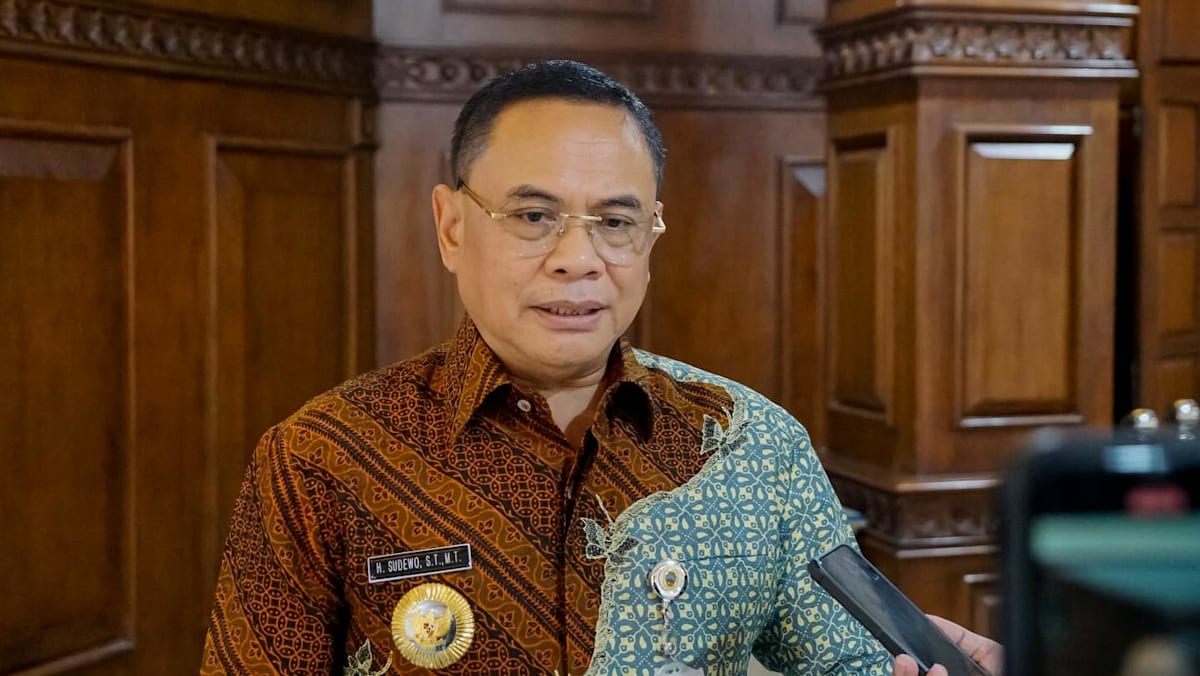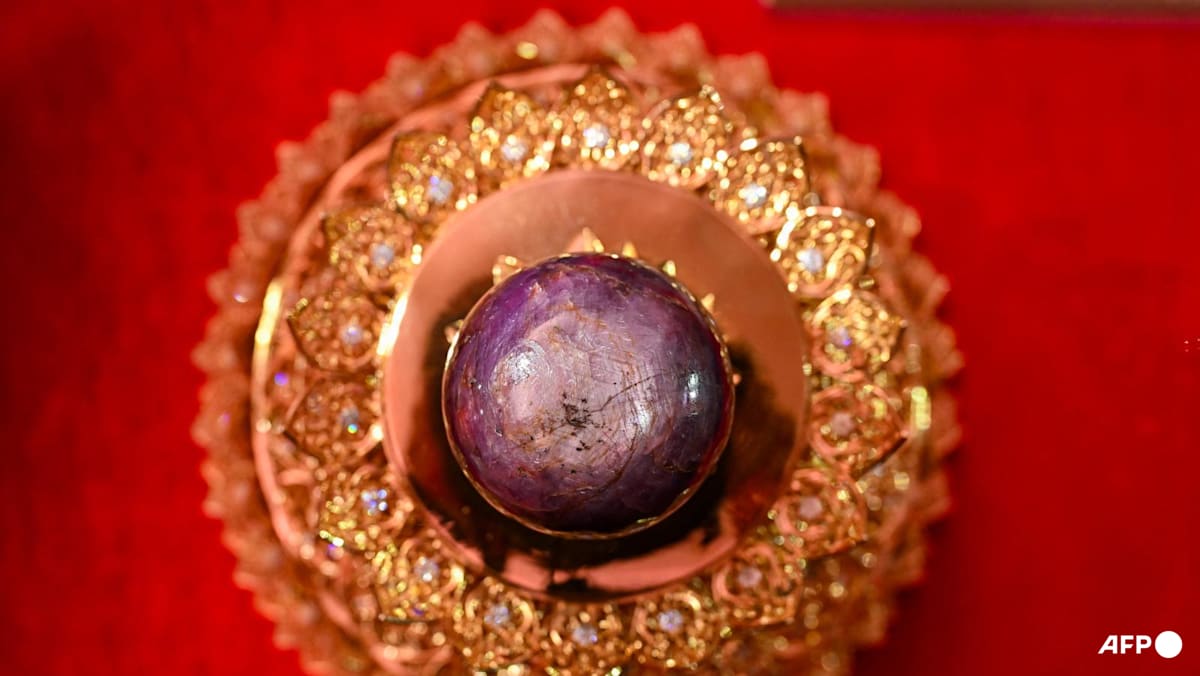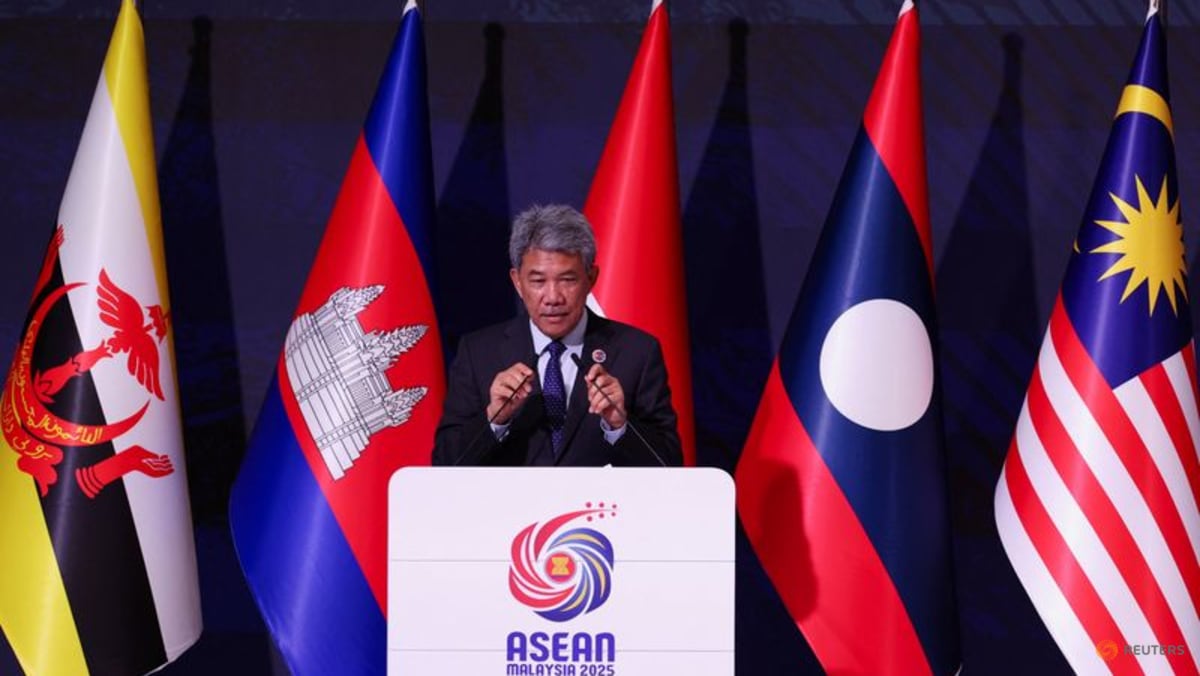Analysis: Malaysia’s pro-Palestinian stance and ties with Hamas — under the spotlight but not under pressure

NO REASON FOR CHANGE IN STANCE
Analyst James Chin, who is a Professor of Asian Studies at the University of Tasmania, told CNA that domestic politics was among Mr Anwar’s considerations in publicly reiterating Malaysia’s position on the issue and its support of the Palestinian cause.
“We know that the Americans don’t like it but they will understand why he is doing it – to show his position in the Muslim community,” he added.
“By and large, there won’t be any blowback at all. Everybody knows it is political posturing and it is not only him who is doing it. Indonesian groups are doing it as well. It is not something new or unexpected.”
Prof Chin explained that as Mr Anwar faces political problems domestically with the majority of Malay voters supporting the Parti Se-Islam Malaysia (PAS), pushing support for the issue was good to show his Islamic credentials.
“It is also a good issue for him to take some sort of leadership position amongst Southeast Asian nations because there are substantial Muslim populations in Singapore, southern Philippines and southern Thailand, in addition to the Muslim-majority countries of Indonesia and Malaysia,” he said.
Dr Azmi of the Nusantara Academy believed that Malaysia’s stance wouldn’t affect the country’s relationship with the West as it did not have a huge influence.
“Malaysia is not, I would say, Saudi Arabia, which has a huge influence in that region. So when Malaysia says this, it won’t change the balance of geopolitics there,” he said.
Malaysia’s ambassador to the United States Nazri Aziz told Malaysian broadcaster Astro Awani that the Department of State was not pleased with Malaysia’s stance on the issue.
He however said that the country would not succumb to pressure from any party for the support given to Hamas and Palestine.
Mr Ignatius – the former ambassador – said that each country in the region has their own unique perspectives on their stances due to various factors.
“We have always insisted that there will be no recognition of Israel until a deal is worked out.
“Even Arab countries have normalised relations but this is our position and we have stuck to it. It’s a matter of principles and one of the few principles we have held through day from day one,” he said.
Mr Ignatius also doesn’t see why Malaysia’s relationship with other countries should be impacted amid the Israel-Hamas conflict just because of their differing stances.
He said that it isn’t necessary for every country in ASEAN for example to have a common position on every issue, especially non-regional issues.
“Other countries may have a position that is opposite ours or be more neutral, but we can only be responsible for our position,” he said.
Source: CNA















